
 The SFFaudio Podcast #232 – Scott, Jesse, Jenny, and Tamahome talk about The Prestige by Christopher Priest.
The SFFaudio Podcast #232 – Scott, Jesse, Jenny, and Tamahome talk about The Prestige by Christopher Priest.
Talked about on today’s show:
Simon Vance, Blackstone Audio, The Prestige (2006), explicit, cursing vs. casting spells, I’m going to trick you, a nice complement to the book, Jonathan Nolan and Christopher Nolan, Momento, The Princess Bride, epistolary, Dracula, Pike’s Peak, Colorado Springs, under the influence of the man on top of the mountain, David Bowie, Nikola Tesla, Any sufficiently advanced technology…, what is the genre?, Gothic fiction, old fashioned horror, Science Fiction, Scott’s review, Fantasy, a nice twist of Lovecraft, the deaths, “the other detective” (Jenny’s Freudian slip), a mystery, Sherlock Holmes, the prestige materials, Borden vs. Angier, Penn & Teller, seance (fake) vs. prestidigitation (the pact), the pledge -> the turn -> the prestige, you ruined our act, “when Simon Vance says…”, “some days you love me, some days you don’t”, did she know?, the honest liar, Christian Bale, does it matter who sired a child matter if you’re identical twin may have inseminated your wife?, which twin is it (the father or the uncle), Fallon, doubling, everything is doubled, a double agent, Olivia or Julia?, Andrew Wesley Borden -> Nicolas Julius Borden, Lord Caldlow, a book with two authors, revenge via tribute, A,B,C,D,E,F, what happened when the great-grandson of Borden was three years old?, a repeated pattern, a red herring, invited to Dracula’s castle, Franklin was imprisoned in California but his cult has a duplicator in the basement in England, another Angier wraith or the same one?, why Lovecraftian?, wiggling bodies, The Outsider by H.P. Lovecraft, a return to a Gothic home, an explanation for the premise of The Outsider, did the wraith of Angier fail?, 100 times, noir, can the Tesla machine duplicate the soul?, AMAZING!, a side trip, Infinite Jest by David Foster Wallace, wraiths, “waiting to wake up”, telepathy, addicted to transportation, pain and depression, is it a teleportation machine? a photocopier?, Star Trek‘s transporter, Think Like A Dinosaur by James Patrick Kelly, the metal rod, “that’s the thing about science”, “more like a real Tesla”, Tesla spoke English with an accent, Angier is American in the movie, Hugh Jackman, California, Jesus came out of the tomb, the cult denies the appearance of Franklin, a bi-locating religious fanatic, Angier’s first magic practice was at a pub called “The Land And Child”, The Church Of Christ Jesus, the history of the house, during WWII it was RAF Transport Command, Christopher Priest is really really smart, Angier -> Anger?, how the French get Angier and Angier and Angier!, his brother, because that’s what he’s looking for that’s what he sees, The Fly (1986), “explicit material”, The New Transported Man (PUN!) vs. In A Flash, a doubling and a denialing of the doubling, “he’s really stuck on the doubling”, The Lamb is The child, pointless and flat women, The Night Circus by Erin Morgenstern, wooden women, Katherine, Borden’s wife’s journals, it’s a guy show really, everybody gets the short shrift except for these two and a half guys, where in literature are women magicians, Now You See Me, stage performance magicians, why doesn’t Luke Burrage go into magic?, Luke is the evil twin, would she wear the tophat?, Zatana (DC Comics), a female magician who acts as the assistant, a missed opportunity, Lady Katherine is very enigmatic and is playing some sort of game, a wink from The Invisible Man (by H.G. Wells), playing cards hidden under pint glasses, the James Patrick Kelly problem, killing yourself is ok if you have a copy?, Identity Theft by Robert J. Sawyer, John Scalzi’s Old Man’s War handwaves the problem away, they don’t rot?, was the soul transported too?, What’s with the echo?, Angier’s cancer goes into remission when the ghostly Angier gets closer, Good Kirk vs. Rapey Kirk, wimpy Kirk need the rapey Kirk, recombination, complete transfers work well for the transported Angiers, Borden’s injury, Angier’s injury, the Borden seaside history is all lies, the Bordens were cartwrights and coopers, IT’S ALL LIES, stop with the woodworking (the JESUS motif again), one of the mes, when did they start living as one man, you’re supposed to apply the lesson of the Chinese magician to the entire story, one of the few things unchanged between the book and the movie, a fake that’s also true (doubling again), the timeline is somewhat mysterious, one of the Borden’s is more of a writer and the other is more of an editor, “I’m staying with my girlfriend”, fantastic narrative, a relatively modern book that will become and remain a classic, it’s porous and open and hard, book vs. movie, Tam fell asleep and became confused, beautiful moments, Tesla is almost like a magician, he is like a wizard, brilliant genius weirdo, the nemesis, Thomas Alva Edison vs. Tesla (doubling), AC vs. DC, Edison’s DC vs. Tesla’s AC, and ultimately a synthesis, electrifying an elephant, “it’s like they were two magicians competing”, Nyarlathotep by H.P. Lovecraft is about a Tesla-like character doing essentially a Tesla-show, possibly an elder god, Dracula Edison Gothic Horror Science Fiction Horror Detective Noir Fantasy, The Inverted World, The Islanders, twins, fraternal twins vs. identical twins, the Christopher Priest Wikipedia entry, denouement, a tie-in edition of the paperbook, the movie’s editing, The Magic by Christopher Priest, David Langford’s review:
“It seems entirely logical that Christopher Priest’s latest novel should centre on stage magic and magicians. The particular brand of misdirection that lies at the heart of theatrical conjuring is also a favourite Priest literary ploy – the art of not so much fooling the audience as encouraging them to fool themselves… The final section is strange indeed, more Gothic than sf in flavour, heavy with metaphorical power. There are revelations, and more is implied about the peculiar nature of the Angier/Tesla effect’s payoff or “prestige” – a term used in this sense by both magicians. The trick is done; before and after, Priest has rolled up both sleeves; his hands are empty and he fixes you with an honest look. And yet … you realise that it is necessary to read The Prestige again. It’s an extraordinary performance, his best book in years, perhaps his best ever. Highly recommended.”
a prestigious career in newspapers, he wants to be a dead body (or many), the great reveal was surprising, Frankenstein, very much in the Gothic tradition.

Posted by Jesse Willis

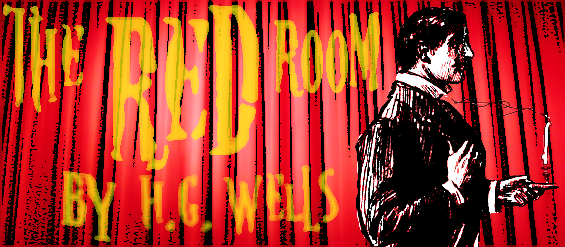
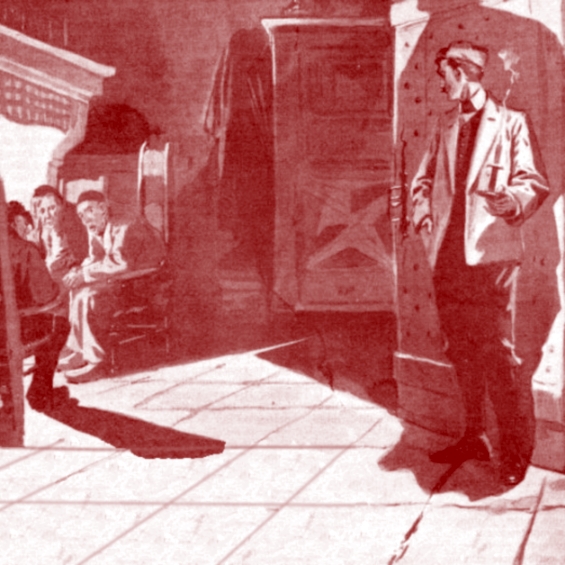
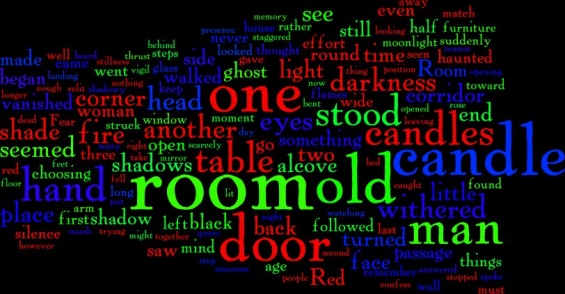
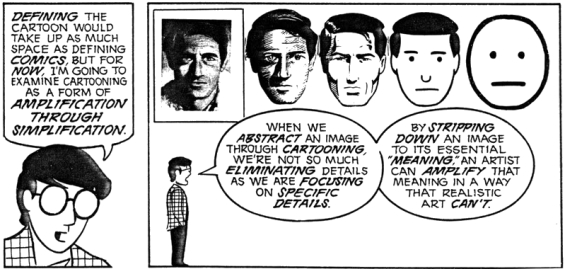
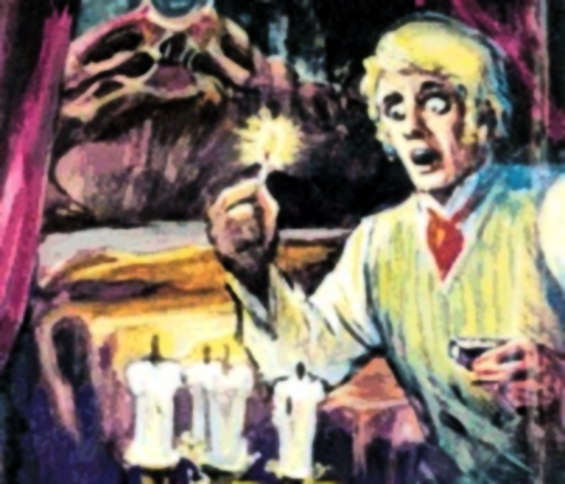
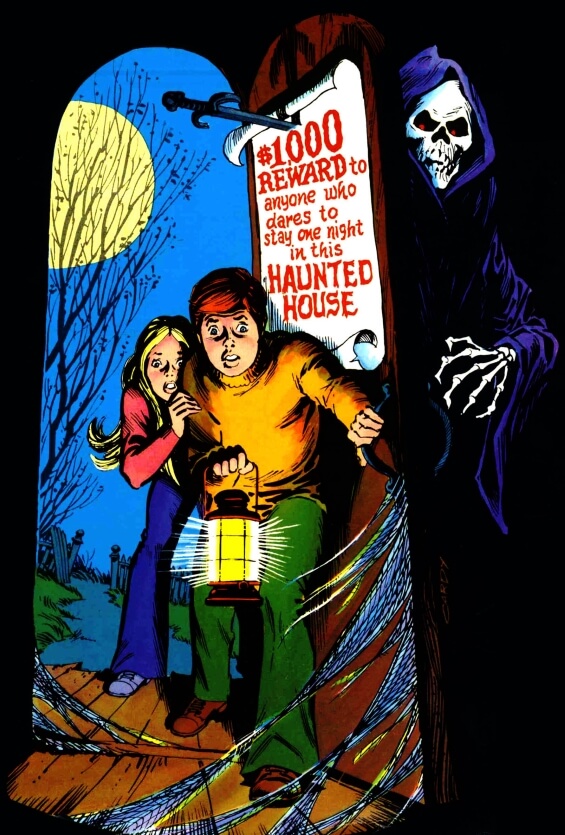

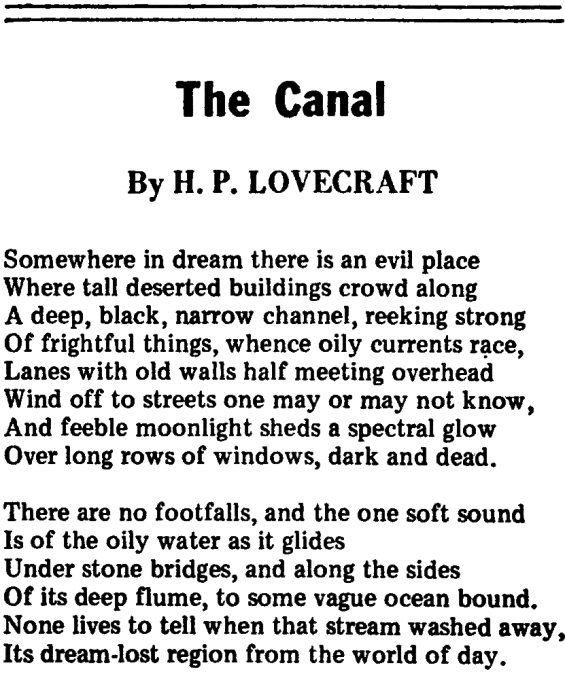
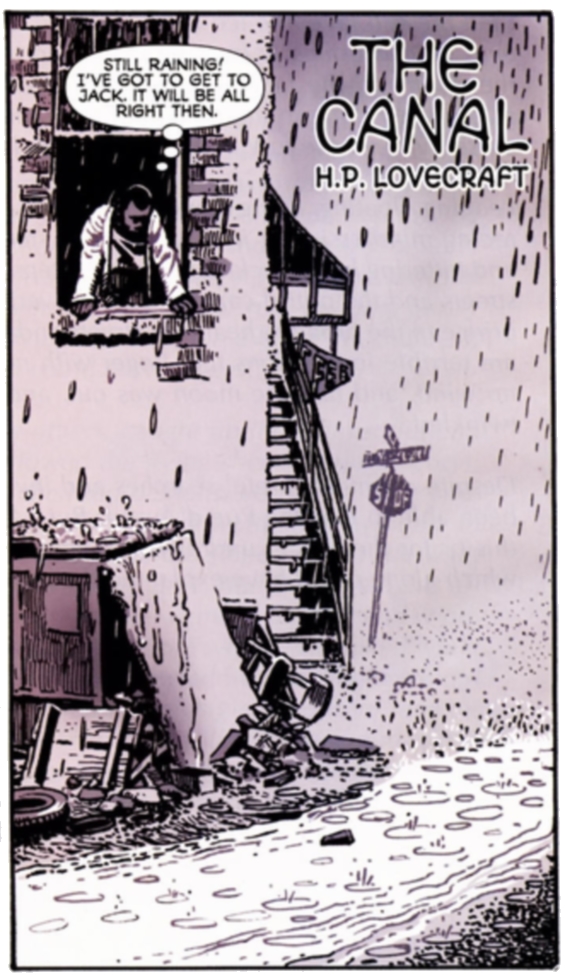
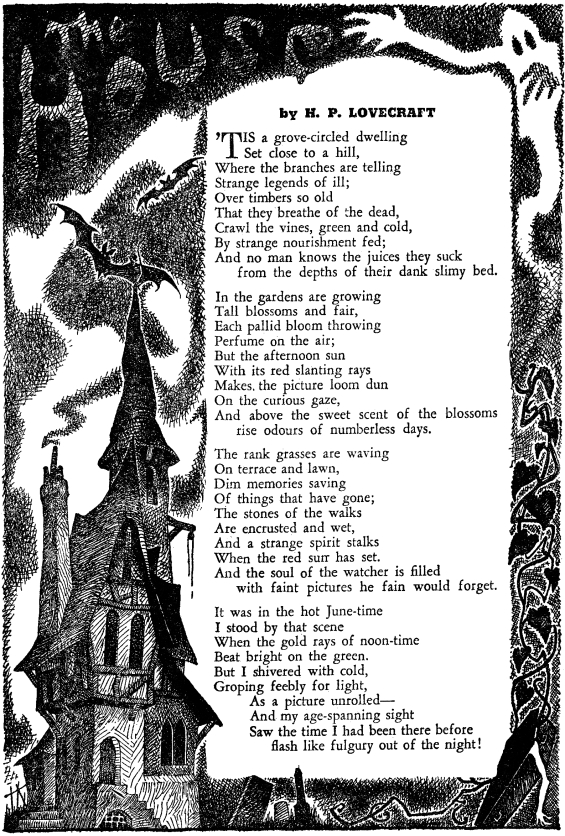


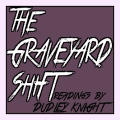 I’m not sure when this reading would have been broadcast, likely sometime between the mid-1970s and the mid-1980s, but what we do know is the narrator, Dudley Knight. Knight was a U.C. Irvine professor of drama, who voiced a long running radio series called The Graveyard Shift. This is from that series.
I’m not sure when this reading would have been broadcast, likely sometime between the mid-1970s and the mid-1980s, but what we do know is the narrator, Dudley Knight. Knight was a U.C. Irvine professor of drama, who voiced a long running radio series called The Graveyard Shift. This is from that series.